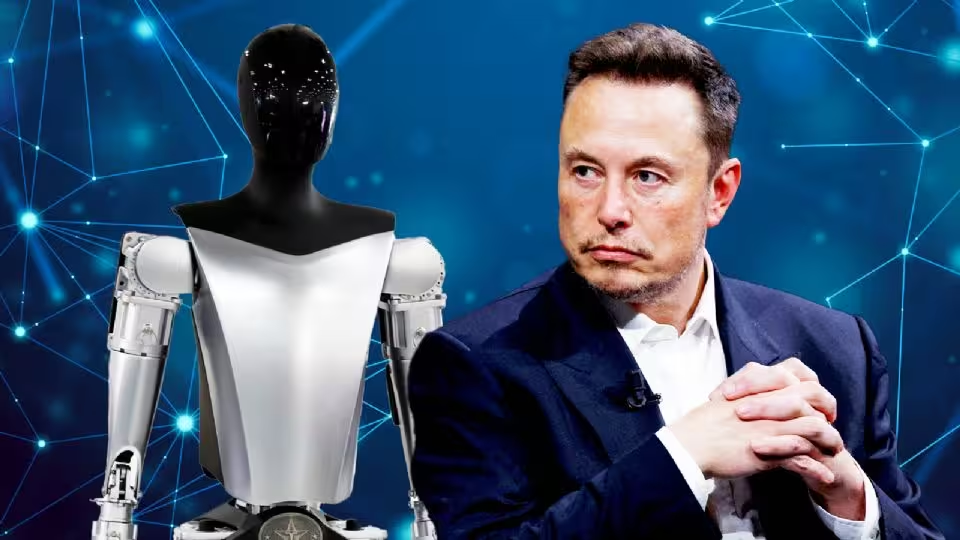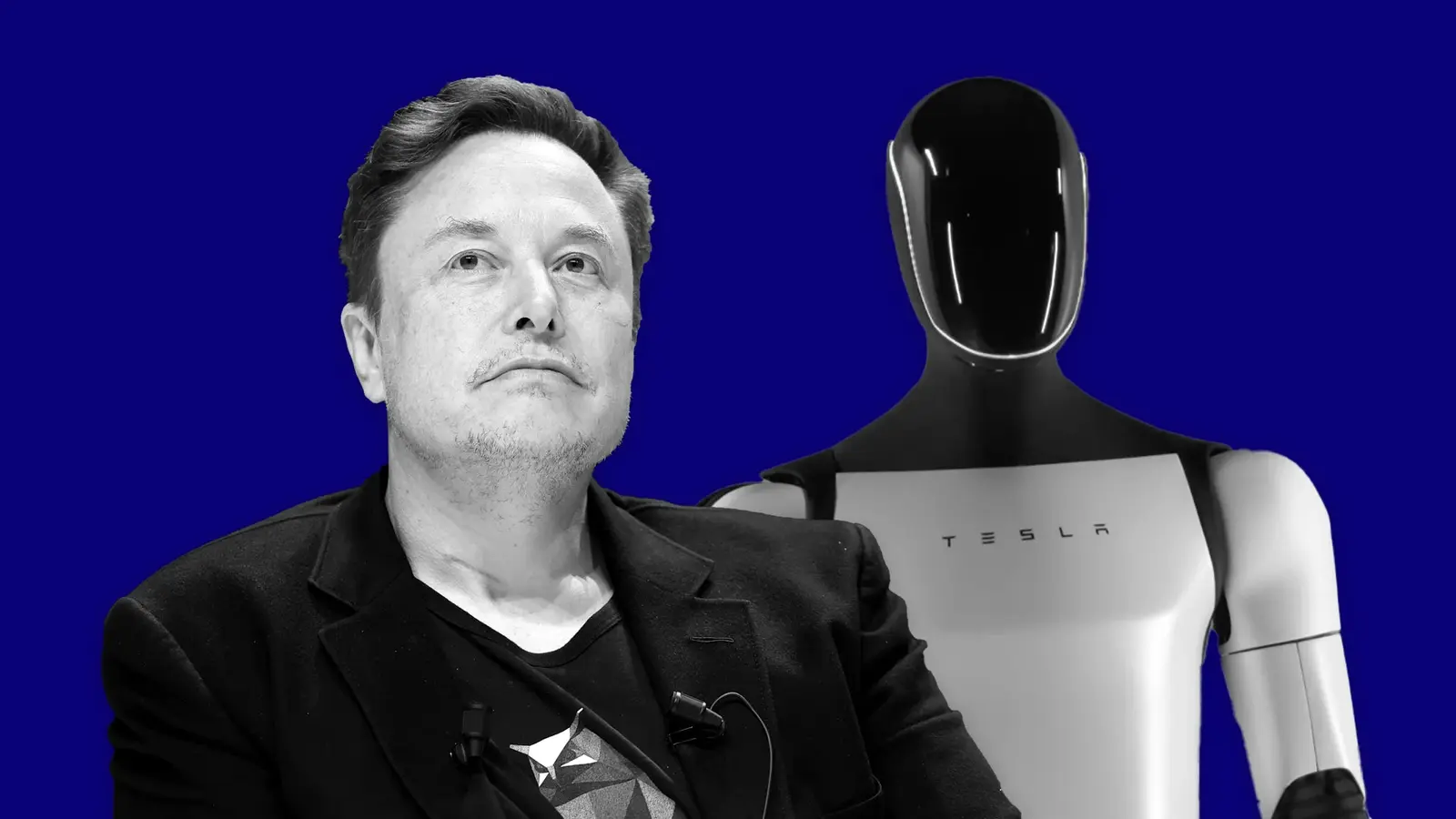3 Minutes
At the Baron Capital annual conference, Tesla CEO Elon Musk painted an ambitious picture: Optimus, Tesla’s humanoid robot, could one day make elite surgical care available to everyone and even help address global poverty.
Robotic precision that could change medical access
Musk described a future in which 'literally everyone' has access to the best surgeons because robots can be produced at scale. He argued Optimus will reach levels of precision that are, in his words, almost beyond human capability—able to perform highly complex operations and potentially tasks too difficult for human hands.
That’s a bold claim. But Musk’s point is practical: there are simply too few top surgeons worldwide, and money alone can’t solve that scarcity. If surgical-grade robots can be manufactured in factories, medical expertise could be scaled rather than rationed.

Workforce scale, nonstop productivity
Musk has also said Optimus could work five times more than human labor because robots don’t need rest and can operate 24/7 year-round. He envisions this 'army' of robots expanding productive capacity dramatically—potentially making the global economy 10 to 100 times larger.
- Mass manufacture of robotic surgeons could expand access to complex procedures.
- 24/7 operation removes human shift limitations and downtime.
- High-precision robotics might enable new procedures currently too delicate for humans.
Imagine a world where a remote clinic can call in a robotic surgical unit produced at scale—an idea that raises big questions about regulation, safety, and training, but also enormous potential for underserved regions.
Why this matters now
Talk of 'eradicating poverty' by robotics sounds utopian, yet Musk frames it as a systems problem: limited money and limited rare expertise. By converting scarce skills into scalable robotic systems, access and cost barriers could shift. Whether Optimus will reach the surgical precision Musk describes remains to be seen, but the argument reframes robotics as a possible tool for widening medical access globally.


Leave a Comment